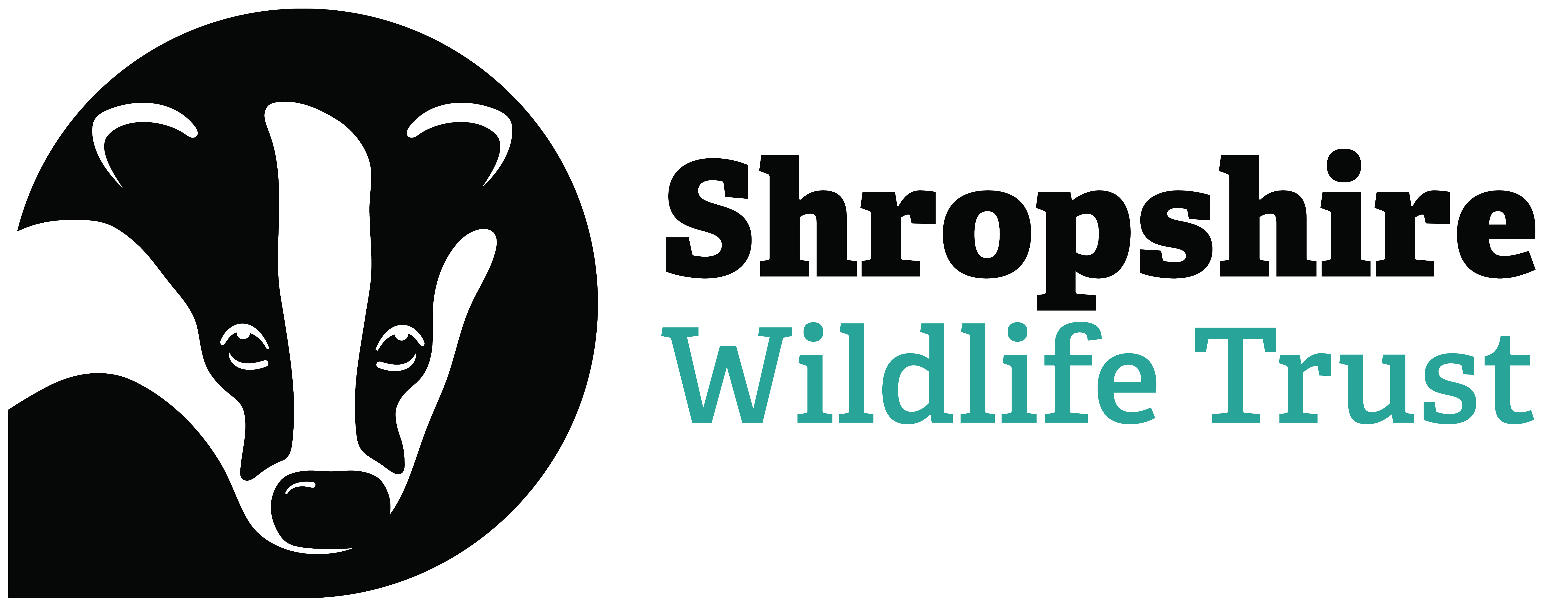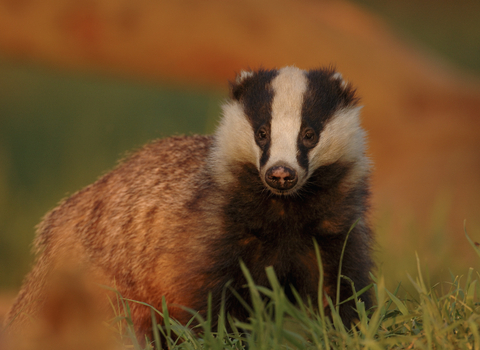It’s really encouraging to see the Government realises it cannot cull badgers indefinitely.
I welcome the news that vaccination of badgers and biosecurity measures will follow culling in the licenced cull areas. However, this will not be an easy task.
Cage trapping wary badgers after four years of trapping for culling will be extremely challenging. It worries me that “stopped restraints” (in effect, snares) have been suggested as a cheaper option. The most humane method of catching badgers is trapping in a cage. Anything less is not acceptable. Instead I think we need to ensure we have extremely skilled staff deploying the traps so the capture rate is as high as possible.
But let’s be clear – this is a gradual transition to vaccination so we’ll still see culling rolled out to other parts of the “High Risk Area”. In addition the Government may still feel culling is warranted in other circumstances.
It’s reassuring to hear that ‘Government needs to enter into a dialogue on the benefits and practical aspects of badger vaccination to address the current concerns about whether or not it will lead to a reduction in cattle herd breakdowns’. This echoes a recommendation made to Defra by The Wildlife Trusts in 2014.
The Government will support existing vaccination programmes and those addressing badgers in un-culled areas. I hope this will mean support for the Shropshire Badger Vaccination Project.
One thing that does worry me is why the work to develop an oral badger vaccine has been discontinued after 10 years and an investment of £18.5 million. This could potentially be easily deployable over large areas and prevent the use of stopped restraints.
But badgers are only one very small element of the problem. Quiet rightly the Government’s main research goal over the next five years is to develop a deployable cattle vaccine.
In addition work is proposed to improve the diagnostic tests and frequency of testing in cattle as well as uptake of biosecurity measures. The Government will empower private vets to do more to support their clients with bespoke herd health plans.
Farmers can currently get specialist advice to reduce TB risk, funded by the EU. This needs to continue and be expanded to make sure basic badger ecology is included and delivered by knowledgeable staff.
It remains to be seen if the Government truly believes in badger vaccination as a disease reduction mechanism. It will only succeed with positive messaging, strong partnerships and appropriate financial support.
Helen Trotman is Shropshire Wildlife Trust’s People & Wildlife Manager. She previously worked on the Randomised Badger Culling Trial, badger vaccine field trials and Enabling Badger Vaccine Deployment for The Wildlife Trusts.


